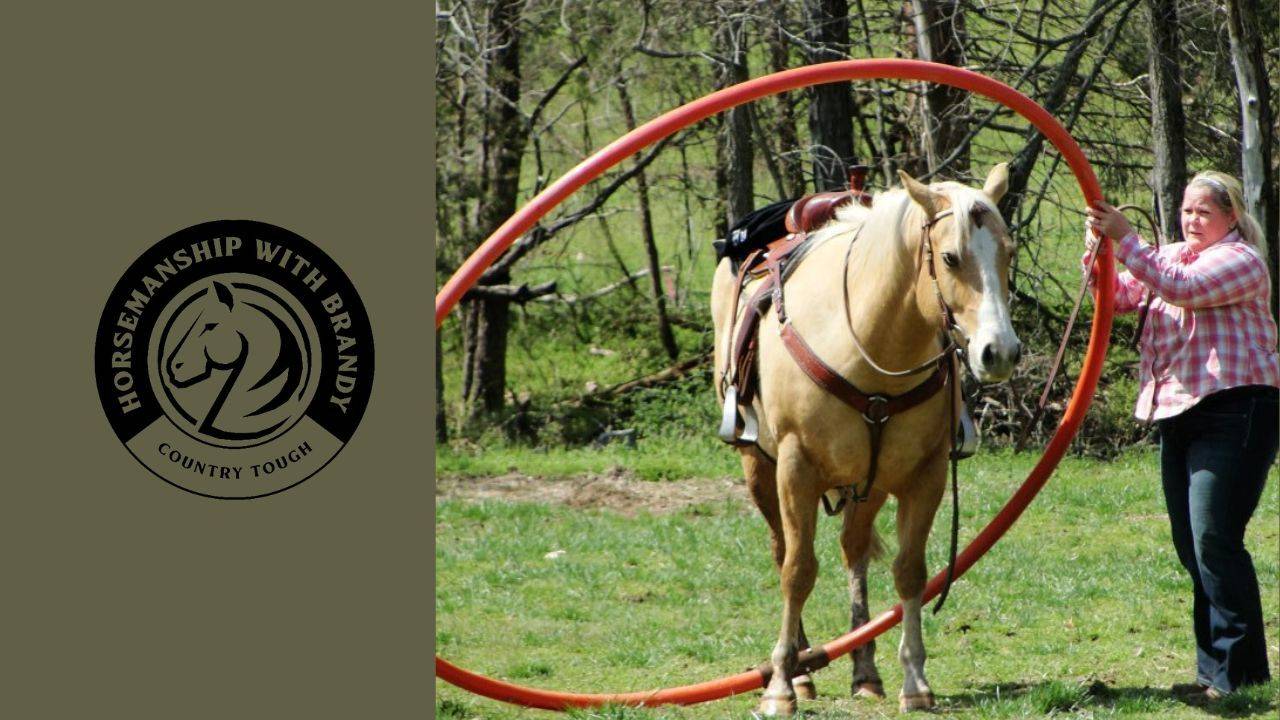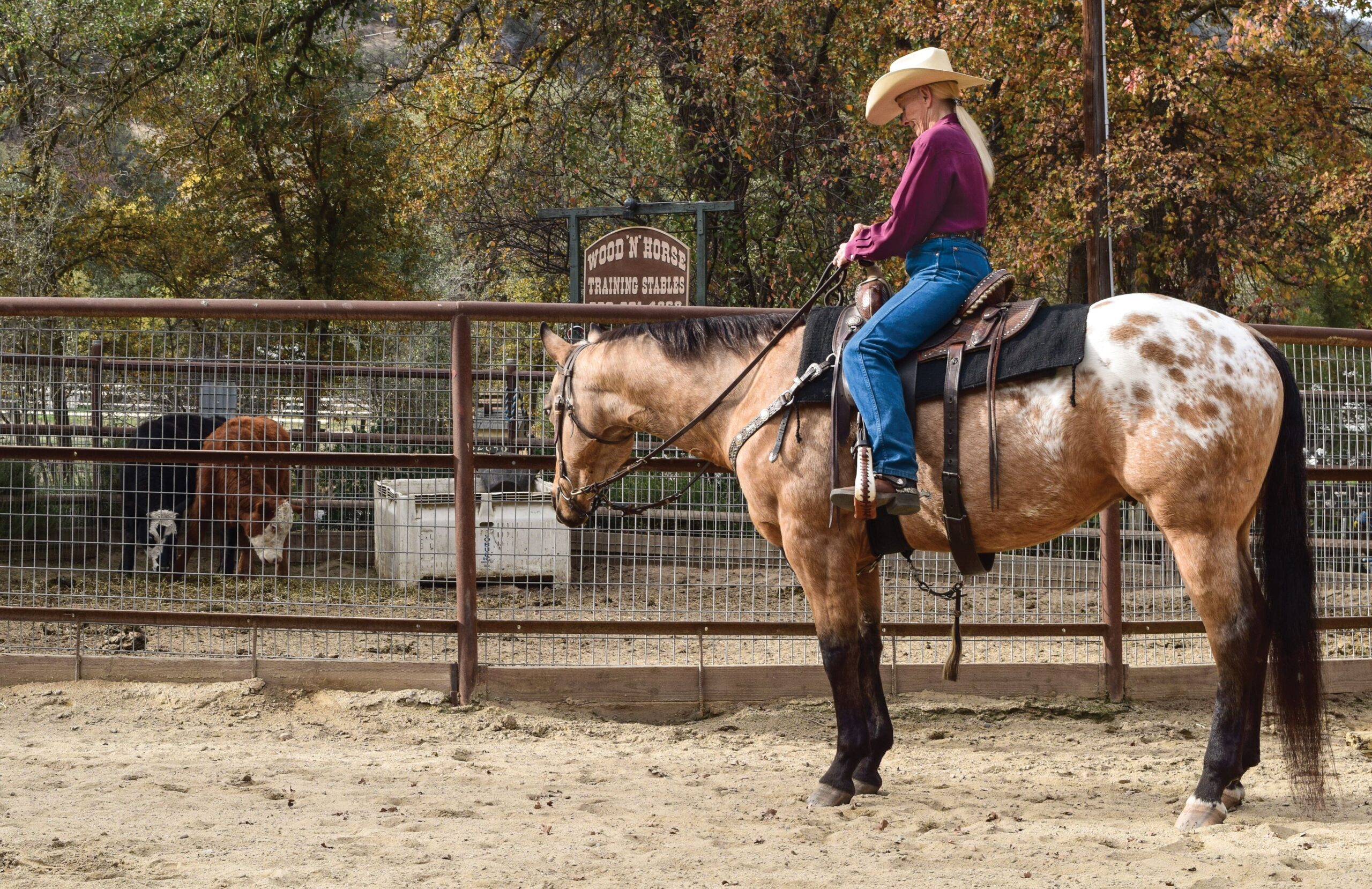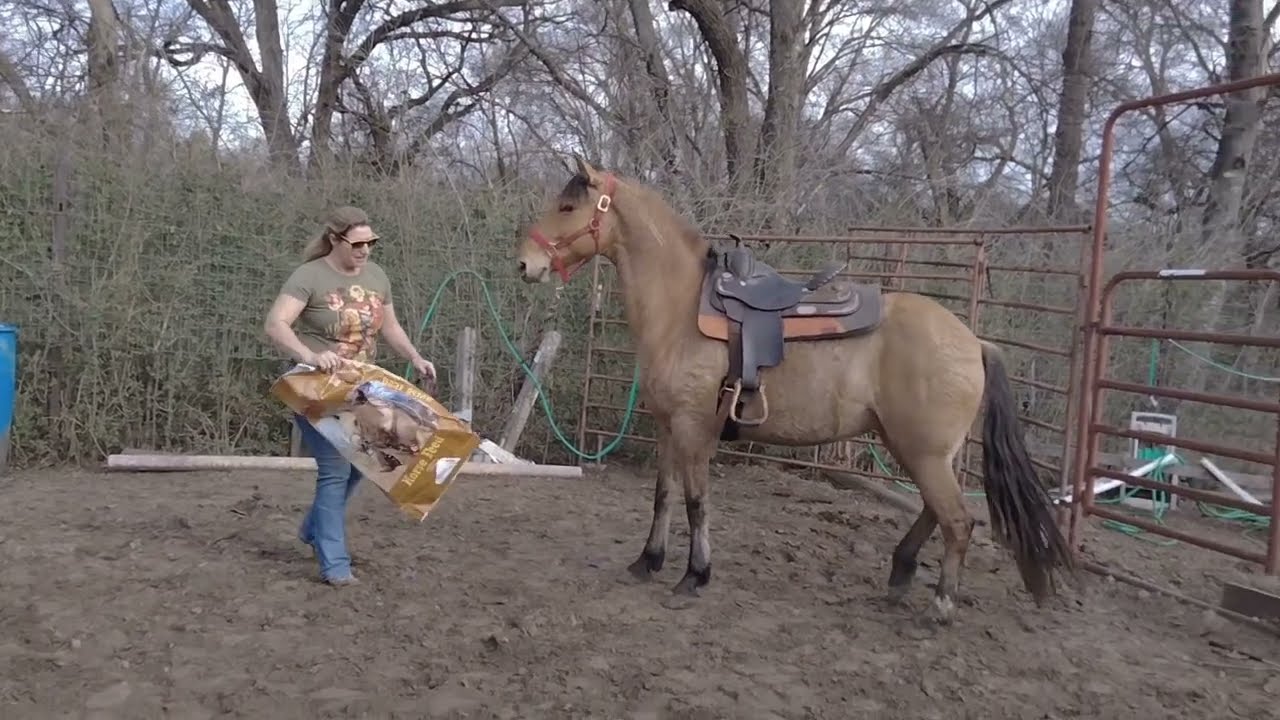Desensitizing Your Horse to Loud Noises and Sudden Movements

Horses are naturally flighty animals, highly sensitive to their environment. Loud noises and sudden movements can startle them, leading to dangerous situations for both the horse and handler. Desensitization is a crucial training process that helps horses become calm and confident in the face of unexpected stimuli. This article will guide you through effective methods to desensitize your horse, ensuring safety and trust.
Why Desensitization Matters

- Safety: Reduces the risk of accidents caused by spooking.
- Confidence: Builds your horse’s trust and composure.
- Performance: Enhances focus during riding or work.
Understanding Your Horse’s Sensitivities
Horses have keen senses and can react strongly to:
| Stimulus Type | Examples | Typical Reaction |
|---|---|---|
| Loud Noises | Thunder, fireworks, machinery | Startling, bolting |
| Sudden Movements | Quick gestures, unexpected objects | Freezing, fleeing |
Recognizing these triggers is the first step in effective desensitization.
Step-by-Step Desensitization Process
- Start Slow: Introduce stimuli at a low intensity.
- Use Positive Reinforcement: Reward calm behavior with treats or praise.
- Gradual Exposure: Increase the intensity or proximity of the stimulus over time.
- Consistency: Practice regularly to reinforce learning.
- Stay Calm: Your horse will mirror your emotions.
Practical Techniques
- Noise Desensitization: Use recordings of loud sounds at low volume, gradually increasing.
- Object Introduction: Present unfamiliar objects slowly, allowing the horse to investigate.
- Movement Training: Simulate sudden movements in a controlled environment.
Sample Training Schedule
| Week | Activity | Goal |
|---|---|---|
| 1 | Play soft thunder sounds | Horse remains calm |
| 2 | Introduce plastic bags | Horse investigates without fear |
| 3 | Increase noise volume | Horse shows no startle response |
| 4 | Simulate sudden movements | Horse stays relaxed |
Frequently Asked Questions (FAQ)
Q1: How long does desensitization take?
A: It varies by horse, but consistent daily sessions over several weeks are typical.
Q2: Can desensitization cause stress?
A: If done too quickly or harshly, yes. Always proceed at your horse’s pace.
Q3: What if my horse refuses to calm down?
A: Take a step back to a less intense stimulus and build up more gradually.
Conclusion
Desensitizing your horse to loud noises and sudden movements is essential for safety and building a trusting relationship. With patience, consistency, and positive reinforcement, your horse can learn to remain calm in challenging situations, making every ride safer and more enjoyable.
By following these guidelines, you can create a safer environment for both you and your horse, enhancing your partnership and confidence.
